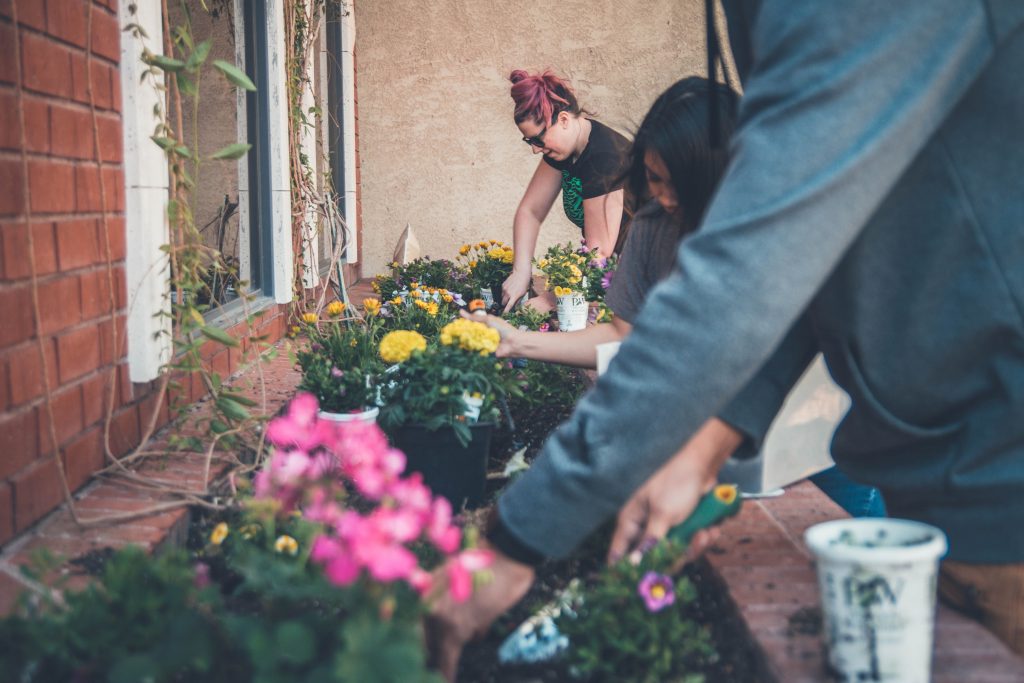
The need for change:
There is increasing recognition that the prevailing economic model is a root cause of the web of social and environmental crises. Our economic system does not account for nature, disregards the distribution of resources, and gives little or no ‘value’ to many of the things that are essential for our human, social and environmental resilience.
Our vision for change:
Embedding a wellbeing economy approach can help transform local economies into ‘engines’ for social and environmental benefits. Policies and resources should focus on meeting human needs and ensuring the conditions for future generations to thrive.


Our part:
Centre for Thriving Places exists to support a widespread systemic shift to an economy that puts the wellbeing of people and planet centre stage. We provide a range of services to help make this possible and practical at a local level.
Our Approach
The Thriving Places Approach is a broad set of services that can transform how places work. Centre for Thriving Places has decades of learning and experience to help you grow wellbeing in a rapidly changing world.
Our rigorous, practical and flexible approach is designed for local changemakers like you in all sectors and all levels of ‘place’: from organisations to communities, from local to regional government and with public and private sector service providers.
We support you to co-create and embed a deep understanding of your shared goals, the outcomes that need to be prioritised to get there, and the ways you can adapt policy, investment, processes and ways of working to deliver now and for the long term.
We help you come together to overcome the challenge of shifting to a new way of thinking and acting that delivers the outcomes that matter to people. Our approach can ignite and embed a lasting cycle of change across the complexities of a place.
The Core Elements
The core elements that create this positive self sustaining cycle of change include:
Convening and Co-creating:
- Facilitating people and organisations to form inclusive cooperative networks, breaking down silos and setting the conditions for shared working.
- Co-creating a collective understanding, envisioning and planning how to rewire your place to grow the capacity to thrive.
- Through this, creating a shared bespoke Thriving Places Framework, goals and outcomes to support implementation.
Engaging, Enabling and Embedding:
- Supporting different parts and connections points within the system to focus on where, when, and how to integrate these goals within policy, process and decision making.
- Enabling the changes needed (e.g. in mindsets, knowledge etc) to support real, long term change.
- Then supporting them to embed this work in order to make and deliver policy and practice to achieve the desired outcomes within their shared framework and goals.
Research and Insight:
- Building transferable evidence and practical insights on what works to grow a thriving place.
- And supporting places to identify their own unique learnings.
Exchange, Advocacy and Influence:
- Sharing insights and knowledge exchange to stimulate and accelerate the deep, transformative change needed.
- Advocating widely for the transformational effects of a wellbeing economy so more places adopt a thriving places approach
Please get in touch at enquiries@centreforthivingplaces.org to find out more about how we can help you transform your place.

